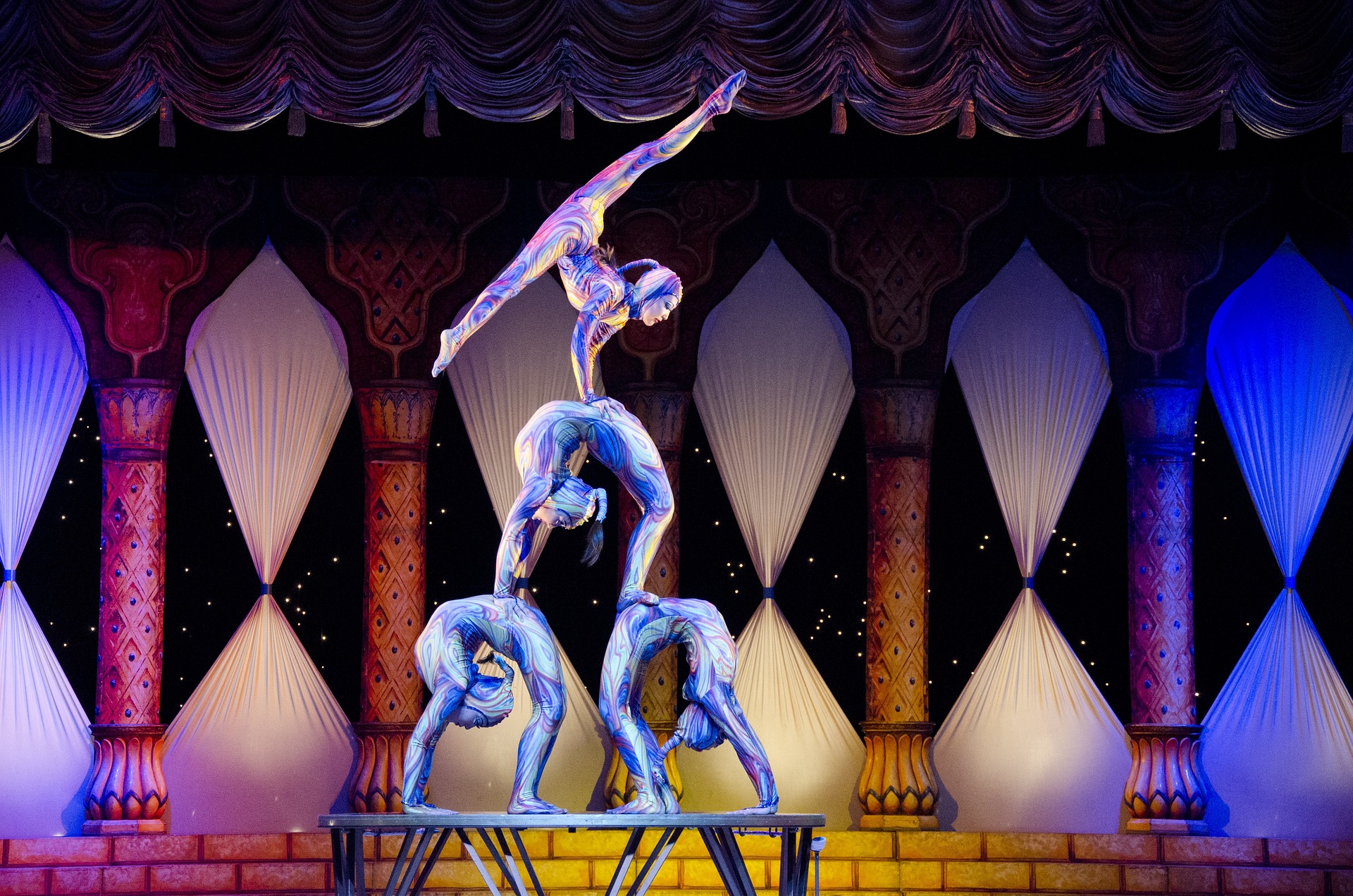Reforming American Jury Trials: A Contemporary Analysis
American jury trials have been a cornerstone of the country's legal system since its inception. However, as society evolves, questions arise about the need for reform in this traditional institution, particularly in ensuring fair and equitable outcomes. This article delves into the historical development of American jury trials, recent changes, and proposals for future reforms.

The Historical Foundation of American Jury Trials
The concept of a jury trial is deeply rooted in American history, tracing back to the country’s founding. The right to a jury trial is enshrined in the U.S. Constitution, specifically in the Sixth and Seventh Amendments. The Sixth Amendment guarantees the right to a jury in criminal cases, while the Seventh Amendment does the same for civil cases. Over time, the concept of a jury trial has evolved, with landmark court cases shaping its interpretation and application.
Current Challenges in the Jury Trial System
Despite its foundational role, the American jury system is not without its challenges. Concerns over representativeness and bias have become increasingly prominent. The underrepresentation of minority communities in juries and potential biases in jury selection and decision-making processes are frequently discussed. Furthermore, the complexity of modern cases, particularly those involving technical or scientific issues, often poses challenges for average jurors.
Legislative Changes and Court Rulings
In response to these challenges, several legislative changes and court rulings have been enacted. For instance, the Supreme Court ruling in Batson v. Kentucky (1986) prohibited the use of peremptory challenges to strike jurors based on their race. Furthermore, some states have introduced legislation aimed at enhancing the diversity and representativeness of juries. However, critics argue these measures have not gone far enough.
The Impact of Technological Advancement on Jury Trials
The rise of technology has also significantly affected the jury trial system. The COVID-19 pandemic has underscored this impact, with many trials shifting to virtual platforms to maintain court functions. While this has allowed for continued court operations, it has also raised new questions about ensuring fair trials and managing the potential influence of digital distractions.
Proposals for Jury Trial Reform
Addressing the current challenges in the jury trial system requires comprehensive reform. Some proposals include enhancing juror education, particularly for complex cases, and implementing stricter controls on peremptory challenges to curb potential biases. There are also calls for increased use of technology to streamline the jury selection process and make it more transparent.
In conclusion, the American jury trial system, while deeply rooted in the country’s legal history, faces various contemporary challenges. Recognizing these issues and implementing necessary reforms is crucial to ensure the system continues to serve its intended purpose: upholding the principle of justice for all.




